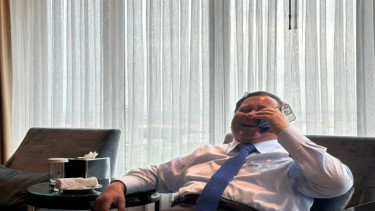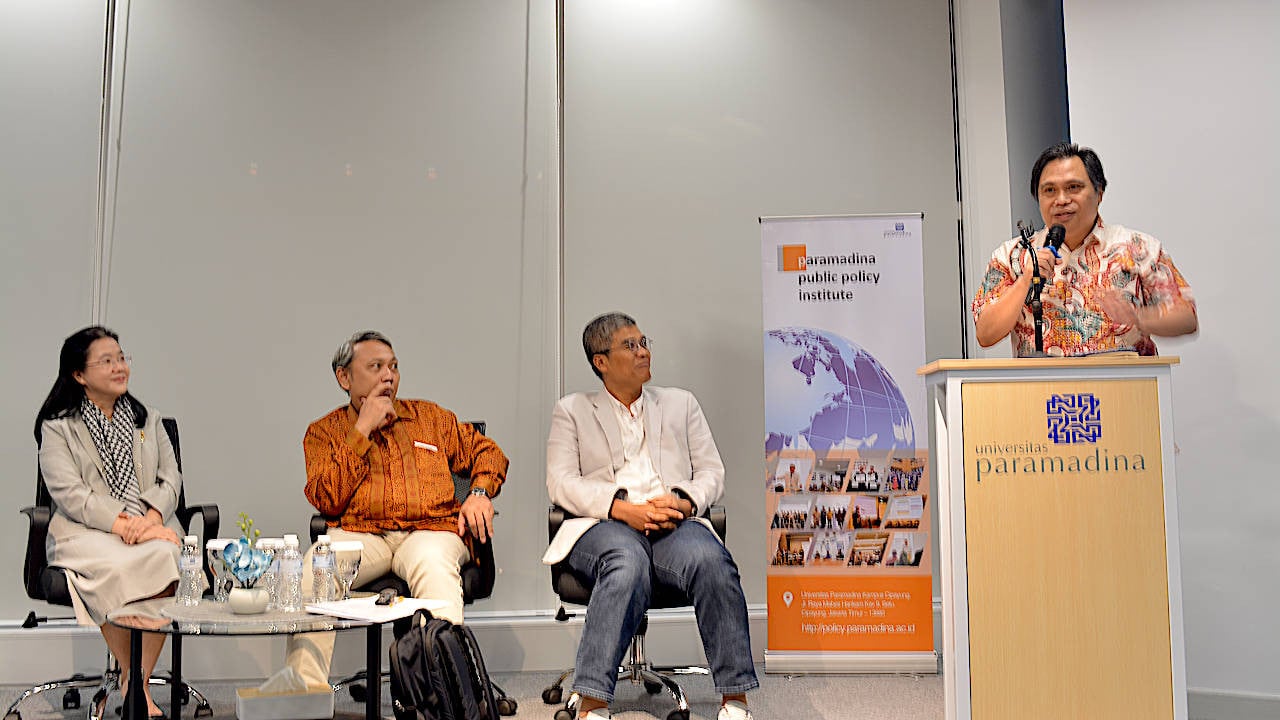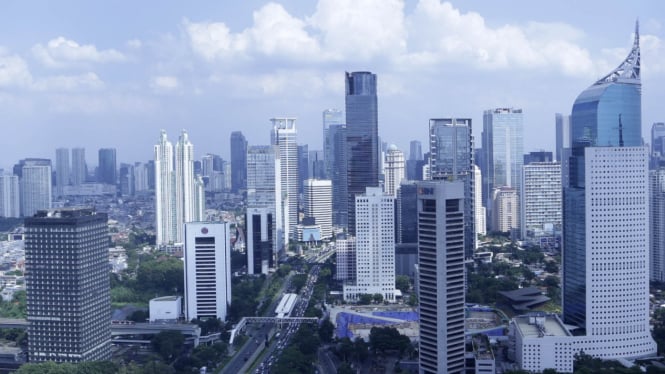Indonesia–US Tariff Agreement: Prabowo’s Smart Strategy to Maintain Neutrality
- IG Prabowo
Jakarta, VIVA – The recent tariff agreement between President Prabowo Subianto and U.S. President Donald Trump has stirred a mixed response across Indonesia. According to the deal, Indonesian exports will face tariffs up to 19%, while American goods will enjoy minimal duties, with many items set at 0%.
Some groups in Indonesia consider the agreement burdensome and unfair to local exporters. Others, however, view it positively, arguing that it could secure continued access to the U.S. market and attract investment from American companies.
From a geopolitical perspective, the agreement is seen as a strategic move reflecting Indonesia’s commitment to maintaining neutrality in the growing rivalry between global powers, especially China and the U.S. The deal was announced just weeks after President Prabowo’s visit to Beijing, which had raised speculation about Indonesia leaning toward China.
"After Prabowo’s statement with President Xi Jinping in late 2024, many believed Indonesia was tilting toward China," said Johanes Herlijanto, a China observer and lecturer at the University of Pelita Harapan, during a seminar hosted by FSI and PPPI in Jakarta on July 31, 2025. “But this recent deal with Trump shows Indonesia’s effort to also embrace the U.S., keeping its neutral stance intact,” added Johanes, who chairs the Indonesian Sinology Forum.
Johanes argued that strengthening economic ties with the U.S. disproves claims of Indonesia taking sides in global politics. “Beyond trade, this is a smart diplomatic strategy by Prabowo to reinforce neutrality,” he emphasized.
He agreed with Malaysian economist Prof. Woo Wing Thye, who believes the agreement is part of Indonesia’s broader strategy to engage both global powers for national development. However, Johanes warned that China might respond by pressing Indonesia for greater accommodation of its interests.
The first concern, he noted, is the potential for China to demand reduced trade barriers, which could flood the Indonesian market with even more Chinese goods. “This would hurt local industries already struggling to compete with Chinese imports,” Johanes cautioned.
The second issue is China’s likely push for greater involvement in major infrastructure projects. Citing the Jakarta-Bandung high-speed rail, Johanes urged caution to avoid future fiscal burdens from cost overruns and heavy loan repayments.
Presidential economic adviser Fithra Faisal Hastiadi defended the deal, saying it sets a favorable precedent for other U.S. trade pacts. “It’s the best deal we could get, and a solid platform for future renegotiations,” said Fithra, an economist at Universitas Indonesia.
Meanwhile, AEI Secretary-General Lily Yan Ing voiced concern that the agreement could alienate other Indonesian trade partners. “It sets a dangerous precedent and raises questions from countries like China, Japan, Australia, and India,” she warned.
She urged Indonesia to renegotiate the terms based on international law and mutual respect. Lily also stressed the need to address China’s structural issues—namely overcapacity and industrial subsidies—during future trade discussions.
Finally, economist Wijayanto Samirin of Paramadina University noted a shift in the ease of doing business with China compared to the U.S. “Today, it’s easier to do business with China, and trust in China is also growing,” he concluded.



























